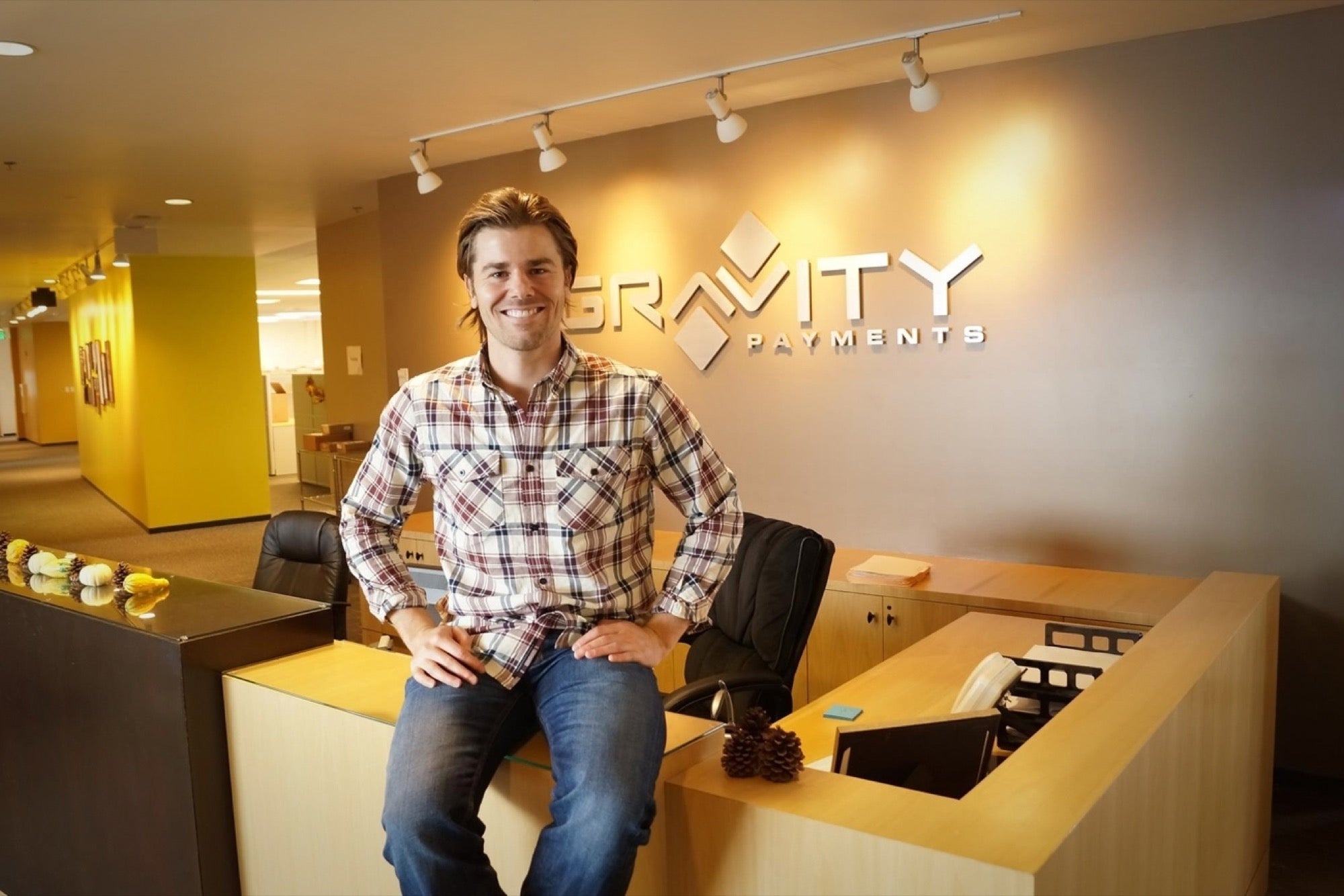The Sad Saga of the $70,000 Minimum Salary CompanyThe utopian vision of an entrepreneur who wanted to do his part for income inequality looks shortsighted in the cold light of reality.
BySteve Tobak•
Opinions expressed by Entrepreneur contributors are their own.

You've got to wonder what was going through his mind whenDan Price, the founding CEO of Gravity Payments, decided to raise the minimum salary at his 120-person credit-card-processing company to $70,000 over a three-year period.
The groundbreaking move was initially met with shock and applause by employees, about 70 of whom got raises while 30 or so saw their pay literally double overnight. And it made the 30-year-old entrepreneur an immediate folk hero in working-class America.
That was three months ago. Today, Price's utopian vision of doing his part for income inequality by making sure all his employees had incomes that would make them happy – or so said the psychology research he read – is looking more than a little shortsighted in the cold light of reality.
Clearly, the entrepreneur acted impulsively, didn't think things through, and, ultimately, he and his employees may pay a steep price for it. There are some very good reasons why none of you should even think about trying this sort of move at your own company today, tomorrow, or ever.
For one thing, it incentivizes the wrong employee behavior.Price lost some of his best peopleover his move and I can see why. An entry-level new hire who just clocks in and out is suddenly making almost as much as a veteran supervisor who busted her hump for years only to be rewarded with a miniscule raise.
Leveling the playing field all at once as he did breeds resentment and virtually eliminates the merits of meritocracy. You simply can't raise the minimum salary that high without it having a negative ripple effect throughout the organization. You just can't.
Related:10 Behaviors of Real Leaders
I have no problem with business owners who want to treat their employees well, but it's something you have to consider and methodically build into the culture. Take Trader Joe's, for example. Entry-level employees start out at a relatively low hourly rate but the benefits are generous and promotions are fast for those who excel over time. That's the way to do it right.
Meanwhile, the research that initially inspired Price found that emotional well-being rose with income to a point – around $75,000 a year. But the exact cause of the subjects' happiness is not at all clear. I would argue that it's not just the money itself but also earning it and achieving financial goals that matter at least as much.
And I would hypothesize that outliers whose compensation is so far from the norm as to be unreasonable would likely breed some sort of resentment among their peers – not just co-workers but also among friends and associates outside the company. And that might increase feelings of guilt for being paid so much more than you've earned or deserve, thus diminishing happiness.
Which sort of brings us to the question of community and cultural responsibility. The story went viral, causing concern about employee morale among other small-business owners in the Seattle area. After all, it's a rare business that can suddenly jack up payroll by more than 50 percent and survive. Think about it. If this suddenly became a national mandate, the U.S. would become Greece overnight.
That's the great irony of being overly generous with employees. In time, it kills the company and then everyone's out on the street.
Gravity Payments is profitable, but just barely. Annual revenues are about $150 million but this year's profits are expected to be just $2.2 million, most of which will go toward the payroll increase. Price has already cut his own compensation down to $70,000 and is having to rent out his own house to make ends meet. And that's just the beginning.
Related:Nobody Leads a Charmed Life. Get Over It.
As the minimum salary ratchets up $60,000 in 2016 and $70,000 in 2017, there will be increased pressure to raise salaries across the board. Think about it. Why would a senior-level manager work hard and carry all that responsibility unless she earns quite a bit more than an entry-level sales rep?
Unfortunately, credit-card-processing companies have thin margins, so Gravity is going to have a tough time remaining solvent with such high payroll expenses. Sure, it can raise prices or cut back on service, but then it won't be competitive. In other words, Price's generosity may ultimately bankrupt the company, and where will that leave the employees he so wanted to help? Not very happy, that's for sure.
Look, I seriously doubt if Price got to where he is without having a good head on his shoulders. He's business savvy enough to have known all this. If that's the case, and I think it is, that begs the question, "Why'd he do it in the first place?" That, I don't know. But if he was feeling guilty about the wage gap and wanted to make himself feel better, this was not the way to do it.
Throwing money at people who didn't earn it and don't deserve it always ends up doing more harm than good in the long run.
Related:Why Can't We All Just Get Along? Because We Shouldn't.











